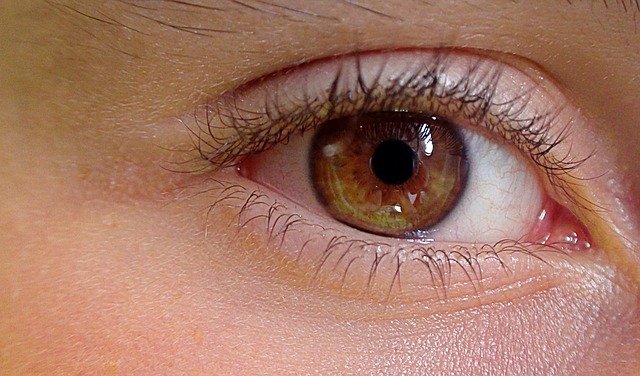
In a new study, researchers found a quick eye exam may one day help detect Alzheimer’s disease before a patient has symptoms like memory loss.
The research was conducted by researchers from Duke University Medical Center.
Currently, nearly 6 million people live with Alzheimer’s disease in the U.S.
There is no viable treatments or noninvasive tools for early diagnosis. This makes Alzheimer’s become the burden of patients and families.
Previous studies had shown that people with Alzheimer’s disease have changes in the small blood vessels in the brain.
In a recent study, the team had found that changes in the retina could signal thinning of some of the retinal nerve layers in the brain.
In the current study, the team aimed to find whether changes in the retina that could signal Alzheimer’s disease.
They examined more than 200 people at the Duke Eye Center.
The researchers measured blood vessels in the eyes with new noninvasive technology.
The new technology uses light waves that reveal blood flow in every layer of the retina. It could take high-resolution images of very small blood vessels in the retina within a few minutes.
They found the loss of blood vessels in the retina could be signs of Alzheimer’s disease.
The finding shows that in 113 people with healthy brains, microscopic blood vessels could form a dense web at the back of the eye inside the retina.
However, in 39 people with Alzheimer’s disease, that web in the eye was less dense and even sparse in places.
The researchers explain that these changes in blood vessel density in the retina may mirror changes in the tiny blood vessels in the brain.
The changes can happen very early, even before the symptoms appear.
The team hopes their finding could help develop a new test to diagnose Alzheimer’s disease before symptoms of memory loss occur.
This may help patients get treatment early enough to delay or even prevent the disease.
The lead author of the study is Dilraj S. Grewal, M.D., a Duke ophthalmologist, and retinal surgeon.
The study is published in the journal Ophthalmology Retina.
Copyright © 2019 Knowridge Science Report. All rights reserved.



